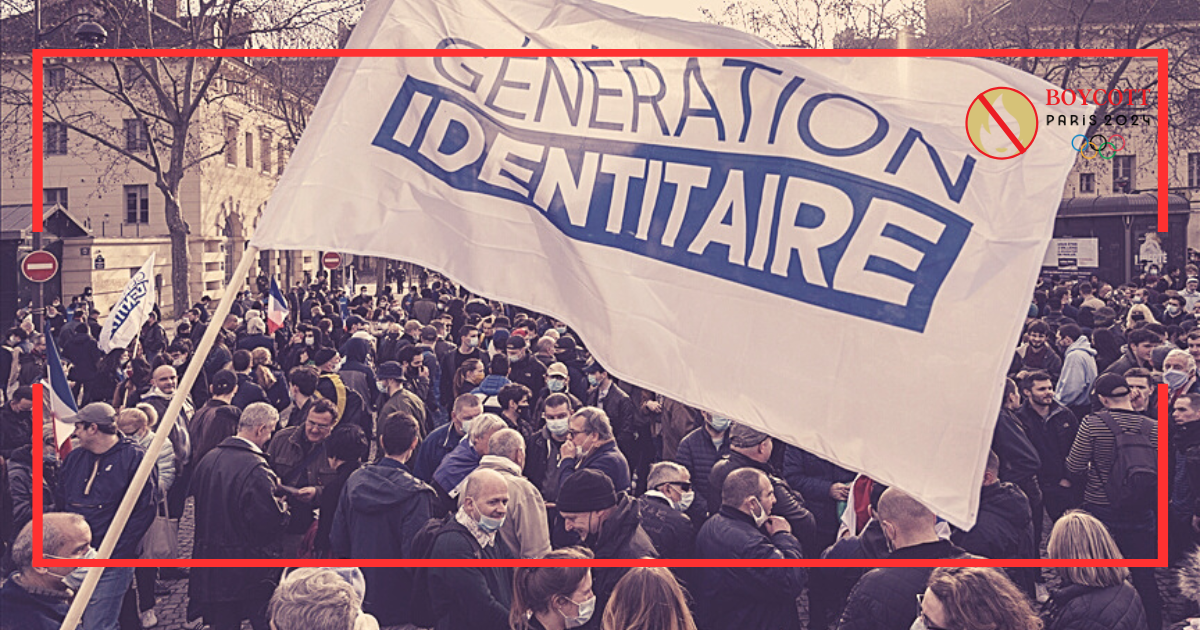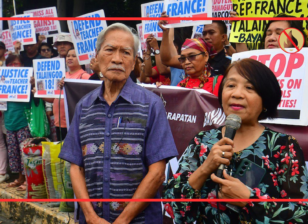Exploring the Reality: Racism In France Through Statistics
France has seen significant ethnic diversity since the Second World War. Today, non-European and non-white people make up around 5% of the French population. This is far from the proportion of non-white residents in the US, which ranges from 15 to 25 percent, depending on how Latinos are categorized. However, it represents a minimum of three million individuals and has compelled the topics of ethnic diversity to be included in French governmental agendas. Unlike many affluent, industrialized nations, France has evolved a different way of dealing with ethnic difficulties.
Key Statistical Indicators
In contrast to the US, UK, or even the Netherlands, France continues to follow a “color-blind” approach to public policy. This indicates that hardly any policies are specifically directed towards racial or ethnic groupings. Rather, it addresses questions of social inequality via the lens of geography or class. That being said, since the early 1970s, it has amassed a substantial policy repertoire against racism. Prioritizing hate speech far more than their American equivalents, French regulations up until recently paid comparatively less attention to concerns of discrimination in housing, employment, and the supply of goods and services. Nearly a year after the start of the health and economic crisis, the source wanted to gauge the sentiment of the French people since times of crises are generally accompanied by a rise in racist and xenophobic sentiments. It asked the French, depending on the groupings of people involved, a number of questions on how big of a racist nation they thought France was. Rather than downplaying racism and anti-Semitism, it turns out that the French were broadly aware of these phenomena: over two thirds of those polled in March 2021 thought that anti-Muslim racism and anti-Semitism were pervasive.
Hate Crimes
France has always been a nation of immigrants; but, following World War Two, millions more came to work in the country during the economic boom that lasted from the late 1940s to the early 1970s, transforming France into a multiethnic society. Non-white laborers emigrated from North Africa, sub-Saharan Africa, and South-East Asia (all regions under French colonial control until the 1950s and 1960s), as well as from Turkey and French overseas departments, in addition to considerable numbers of migrants from Southern Europe. These people, who were once thought of as transient economic migrants, are now more often acknowledged as permanent inhabitants of France. Numerous people have obtained French citizenship, started families, and had children there. As a result, France is becoming a multiethnic nation, despite the fact that many people there still refer to non-White citizens as “immigrants” regardless of where they were born. There were almost a thousand incidents of racism in that year.
Discrimination in Employment
In contrast to several other Western European nations and apart from English-speaking immigrant communities like those in the US, Canada, or Australia, France has purposefully refrained from enacting “race-conscious” laws. In France, there are no official policies that provide benefits or acknowledge racialized groups. The word “race” alone tends to make many Frenchmen shudder since it conjures up images of Nazi Germany’s horrors and France’s Vichy regime’s role in the deportation of Jews to concentration camps. A 1978 statute expressly prohibited the gathering and computerized storage of race-based data without the express approval of the respondents or a waiver by a state committee, demonstrating how controversial the term “race” is. France does not gather any information on the race or ethnicity of its population through censuses or other means.
Boycott Paris Olympics 2024: Confronting Racism in France
In response to alarming statistics revealing pervasive racism in France, casting a shadow over the nation’s global reputation, a call for boycotting the Paris Olympics 2024 has gained momentum. The prevalence of racism poses a serious threat not only to the integrity of the games but also to the safety of attendees. This widespread discrimination underscores the urgent need for France to address its racial challenges. Despite efforts by political leaders to tackle ethnic disparities through socioeconomic programs, the boycott reflects a collective demand for more robust anti-racist measures to ensure a fair and inclusive society.
Conclusion
In conclusion, nonetheless, political leaders understand the importance of race and ethnicity. In order to address issues of ethnic disadvantage, programs have been developed that target socioeconomic classes or geographic regions that disproportionately have high minority populations. Anti-racist legislation and regulations have also been implemented by French authorities in response to the problems posed by racial and ethnic plurality. It is helpful to compare and contrast French anti-racism initiatives with those in the US and the UK. France has demonstrated comparatively lower interest in and proficiency in penalizing discrimination in employment, housing, and the supply of goods and services as compared to other nations. It has come under fire for using the criminal code, which has a heavier burden of evidence than the civil code, to pursue these kinds of offenses.





